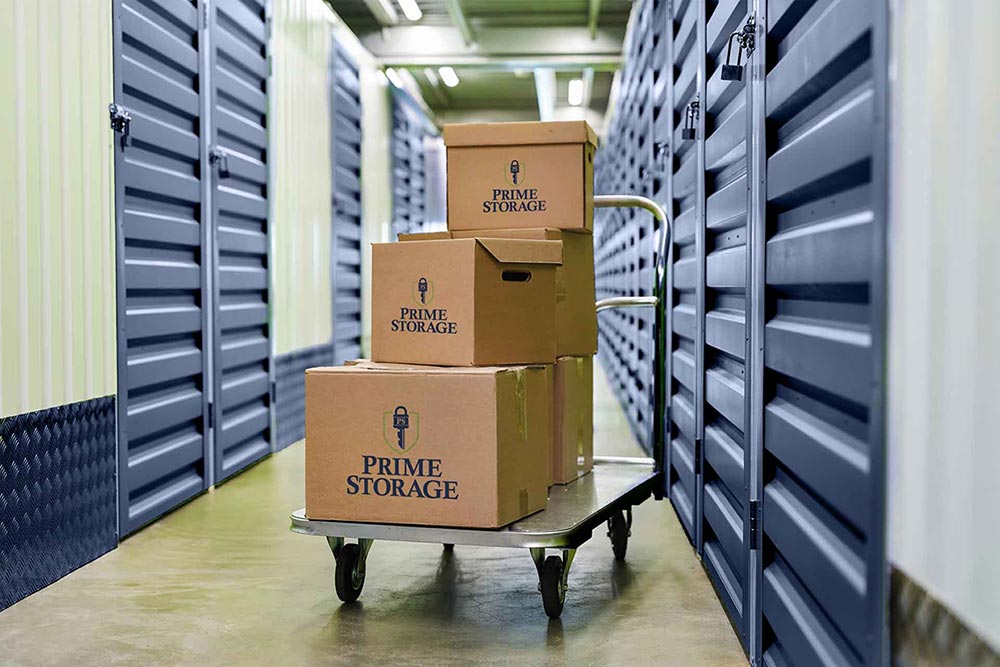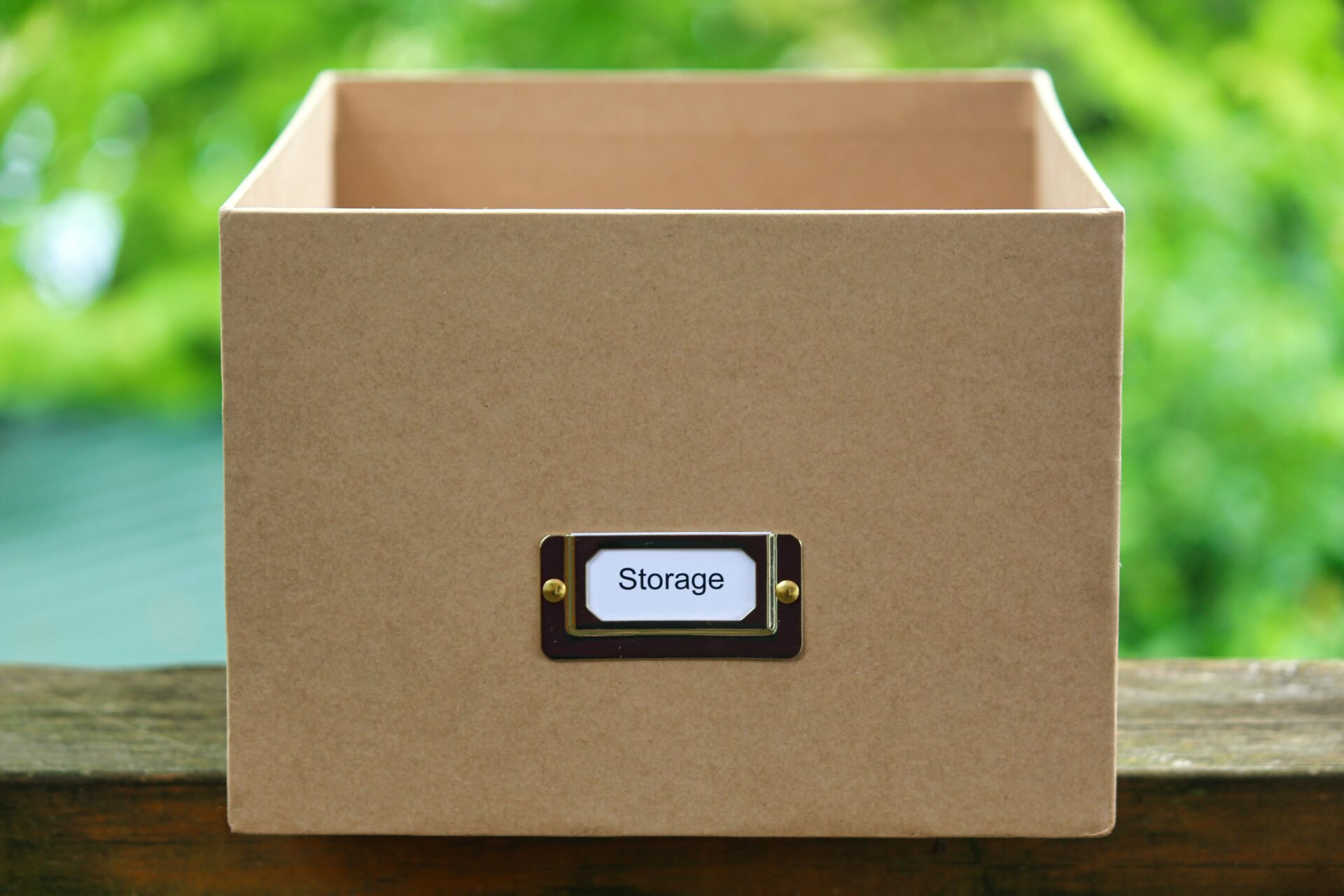
Quality inventory is a small business owner’s lifeblood. Without good products to sell, you won’t have much success. But managing your inventory and keeping it located in a convenient spot is just as important as understanding pricing. Without inventory, you can’t make sales. Without sales, you can’t make profits. And without profits? Well…
Quality inventory is a small business owner’s lifeblood. Without good products to sell, you won’t have much success. But managing your inventory and keeping it located in a convenient spot is just as important as understanding pricing. Without inventory, you can’t make sales. Without sales, you can’t make profits. And without profits? Well…
What kind of businesses have inventory?
Businesses that sell physical goods have inventory. While we may primarily think of brick-and-mortar retail (and their associated e-commerce platforms) as holding inventory, Etsy sellers and eBay merchants also maintain inventory.
Other types of businesses have inventory, too. Pharmaceutical sales representatives, for example, may have samples they need to keep track of. Print-or-paint-on demand businesses may need to keep track of blank canvases, blank shirts, coffee mugs and other customizable materials. All of these items take up space.
How do small stores keep track of inventory?
Depending on how much you’re selling, small stores can keep track of their inventory with tools like spreadsheets and/or notepads. Mid-sized companies may use more sophisticated methods, like point-of-sale systems that rely on barcodes. Other stores—especially e-commerce brands—use Shopify or Etsy to help handle their sales.
What is the 80/20 rule in inventory?

The 80/20 rule for business is that 80% of the results come from 20% of the effort. In the instance of inventory, that means that 80% of your profits will usually come from 20% of your product. Knowing your top sellers and keeping that product organized and at the ready can help streamline your business, making your operations so much easier.
Juggling inventory is a science for many business owners. Hold too much and you run the risk of taking up valuable real estate on the shelf or in your backroom. Don’t have enough, and your customers will go elsewhere to find the things they want. Properly assessing your inventory levels and knowing what to sell and what to phase out is a skillset that will develop over time.
Tools to Help Manage Inventory
Depending on your size and type of business, you may need to invest in more robust inventory management tools. If you’re a physical retailer with a kiosk or storefront, you may want to look at buying a point of sale system and printed barcodes to help speed up sales. It’s easier than ever to process credit card payments thanks to POS systems that can be used with a tablet or phone. If your business takes place primarily online, you may be able to get away with using integrated tools that come with your marketplace. Etsy offers a full suite of tools to help sellers manage their inventory.
Small Business Inventory Storage Ideas
Depending on how much stock you have, it is sometimes possible to use a spare bedroom or part of your basement to store your inventory if you’re a home-based business. For small retail stores, back room space may be limited.
Basement or Closet Storage
Basement or closet storage is the most common first thought for business owners with inventory storage needs, but small businesses may want to consider the constraints of storing inventory in your home. What happens if a water leak damages inventory and your home insurance policy doesn’t cover it? What if you don’t have a spare room to dedicate to your inventory?
Offsite Storage
Storing items offsite offers several benefits. For one, it frees up valuable space in your home’s basement, garage, or closets. Offsite storage can also sometimes be written off as a business expense. For businesses with a huge inventory footprint, a small warehouse might be a good option. But for small businesses, renting a self storage unit at a nearby facility can be a convenient and cost-effective way to keep your inventory in one spot.
The Benefits of Renting Self Storage Units for Your Inventory

Self storage units often come in several sizes, ranging from small personal closets to larger spaces that can hold up to 300 square feet of inventory. Many facilities offer added amenities, such as shelving for rent or the free use of a dolly to move your items in or out of the unit.
If your inventory is temperature sensitive, many facilities offer climate controlled storage. Self storage facilities often pride themselves on the amenities they can offer to small businesses, so don’t hesitate to ask your local facility for more information on what they offer.
Find convenient business inventory storage at Prime Storage
Not sure where to find convenient business storage? Check out your nearest Prime Storage location! Our team can help you find the right amount of storage for your business and budget. To learn more about the benefits of self storage for your business, contact us today.




